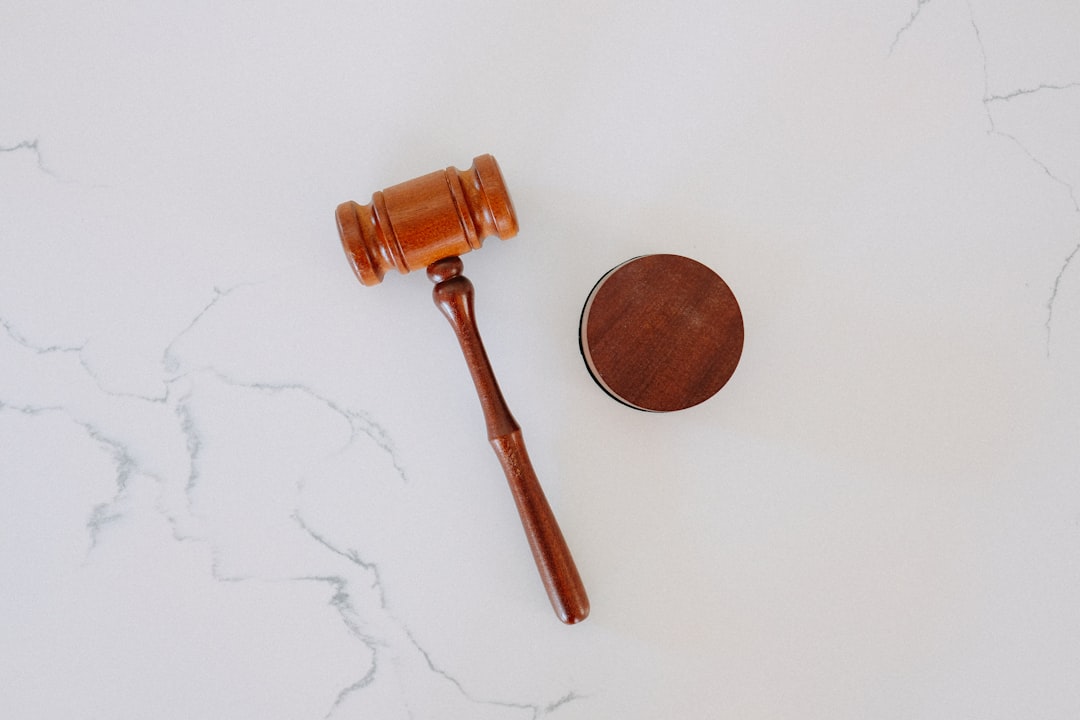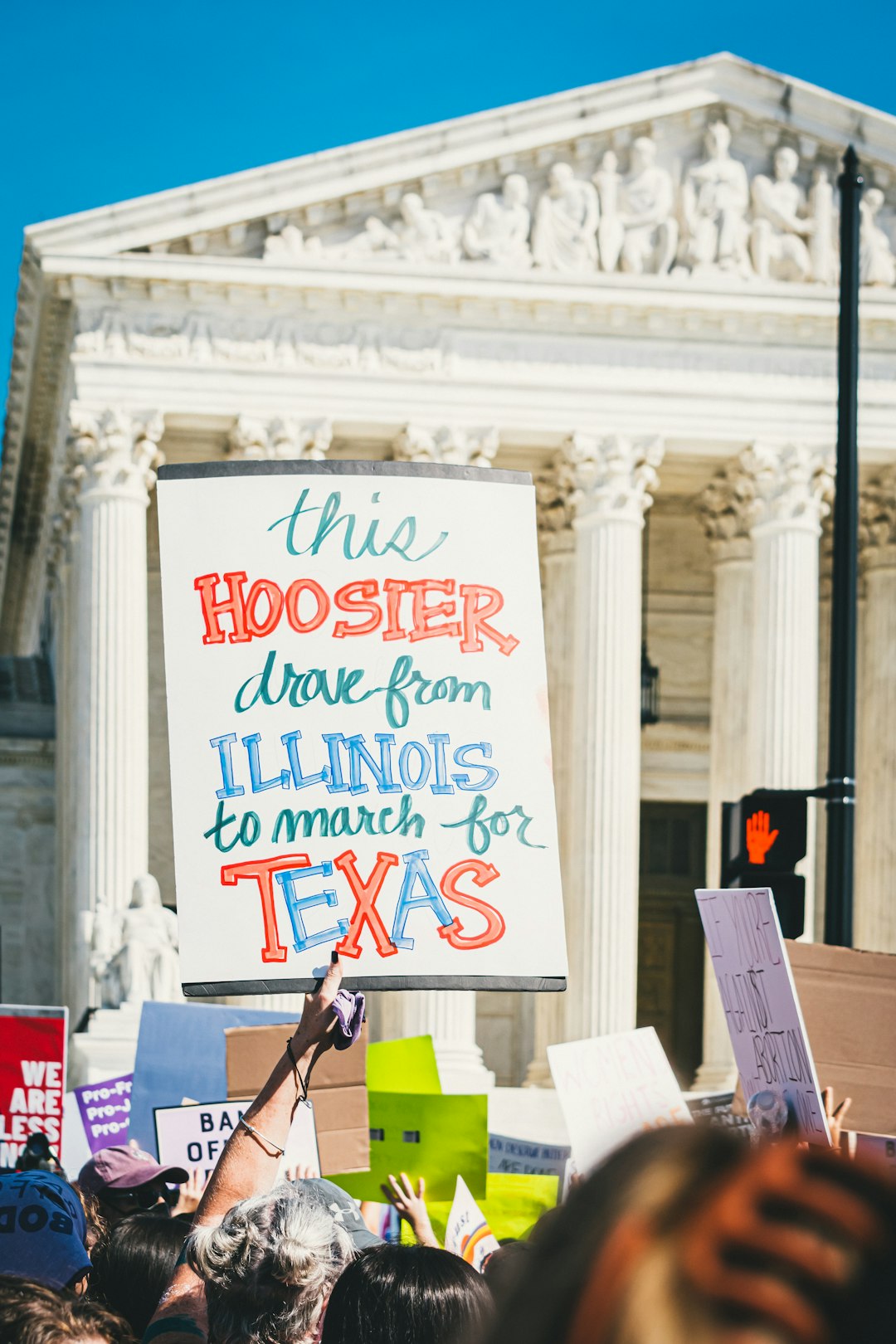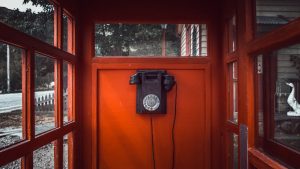DC's 311 system faces a surge in robocalls, disrupting public services and violating privacy. This issue demands strategic solutions, with legal expertise from Robocall Lawyers DC crucial under the TCPA. Advanced call filtering, telecom provider collaborations, and public education empower residents to combat this nuisance, ensuring 311 remains an efficient resource.
“The bustling DC 311 system, a vital public service line for the District of Columbia, is facing an unprecedented challenge: robocalls. These automated calls, while efficient in marketing, can disrupt essential customer interactions and distort the overall user experience. This article delves into the intricate web of robocall impact on DC 311, exploring legal protections like those offered by a Robocall Lawyer DC, and presenting effective strategies to mitigate this disturbance. From understanding the system’s role to successful case studies, we uncover solutions for a smoother, more reliable 311 experience.”
Understanding DC's 311 System and Its Role

DC’s 311 system acts as a vital public service, providing citizens with a direct line to city government resources and information. This comprehensive system allows residents to report non-emergency issues, such as street light outages, potholes, or code violations, through a single phone number. It serves as a centralized hub, connecting constituents with the appropriate departments and agencies within the city government.
The recent surge in robocalls has introduced a new challenge for the 311 system and its dedicated staff. As robocall lawyer DC becomes an increasingly pressing issue, automated calls aimed at marketing or fraudulent purposes can inundate the system, potentially overwhelming the resources and diverting attention from genuine citizen inquiries. Understanding this growing problem is essential to developing effective strategies to mitigate its impact on city services like 311.
The Rise of Robocalls and Their Impact on Public Services

In recent years, the rise of robocalls has significantly impacted public services across the globe. With advancements in technology, automated phone systems have become increasingly sophisticated, allowing for large-scale, pre-recorded messaging campaigns that can reach millions of people simultaneously. While legitimate uses exist, such as appointment reminders and emergency alerts, the proliferation of unwanted robocalls has become a growing concern, especially for public sector entities like DC’s 311 system.
These automated calls can disrupt operations by overwhelming call centers with repetitive inquiries or even malicious intent. Robocall lawyers in DC and elsewhere are increasingly needed to navigate the complex legal landscape surrounding these calls, as they often violate consumer privacy laws and regulations. The impact on public services is profound, leading to longer wait times, decreased efficiency, and potential security risks. As such, it’s crucial for cities and their residents to understand and address the challenges posed by robocalls to ensure smooth operations and the safety of sensitive information.
Legal Aspects: Protecting Residents from Unwanted Calls

In the context of DC’s 311 system and robocalls, legal aspects play a crucial role in protecting residents from unwanted and intrusive calls. The Telephone Consumer Protection Act (TCPA) is a federal law designed to safeguard consumers from certain practices that can be considered invasive or harassing, including automated phone calls without prior consent. Violating the TCPA can result in significant fines and legal repercussions for entities making such calls.
Robocall lawyers in DC are increasingly involved in cases related to TCPA violations, especially with the surge in automated calls targeting residents. These legal professionals help residents navigate their rights and take appropriate action against companies that disregard consumer privacy laws. Their expertise is crucial in ensuring that DC’s 311 system remains a reliable resource for citizens without being overshadowed by the nuisance of unwanted robocalls.
Strategies to Mitigate Robocall Disturbance in the 311 System

To mitigate the disturbance caused by robocalls in the 311 system, several strategic approaches can be implemented. One effective method is to employ advanced call filtering and blocking technologies that can intelligently identify and block automated calls before they reach DC residents or city services. These systems learn from patterns and data to distinguish between legitimate calls and robocalls, ensuring a smoother user experience.
Additionally, collaborations with telecommunications providers and the enforcement of strict anti-robocall laws can play a pivotal role. A Robocall Lawyer DC can guide city authorities in utilizing legal frameworks to penalize call senders who violate privacy regulations, thereby reducing the volume of unwanted calls. Educating the public about blocking options and reporting suspicious calls is another layer of defense, empowering residents to take control against intrusive robocalls.
Case Studies: Successful Robocall Management in DC's 311

In recent years, Washington D.C.’s 311 system has faced a growing challenge from robocalls, automated phone calls designed to deliver pre-recorded messages in bulk. These unwanted calls not only disrupt citizens’ daily lives but can also hinder the efficiency of public services. However, several case studies highlight successful strategies for managing robocalls within the 311 system. One notable example involves a leading Robocall Lawyer DC, who implemented advanced call filtering technologies to identify and block spam calls before they reach city residents.
By partnering with communication experts, this lawyer developed a sophisticated system that analyzes call patterns and content, effectively distinguishing legitimate calls from robocalls. This approach has significantly reduced the number of unwanted calls reaching 311 operators, leading to improved customer service for genuine callers. Additionally, public education campaigns have played a crucial role in empowering citizens to identify and report robocalls, further bolstering the city’s defenses against this growing nuisance.






